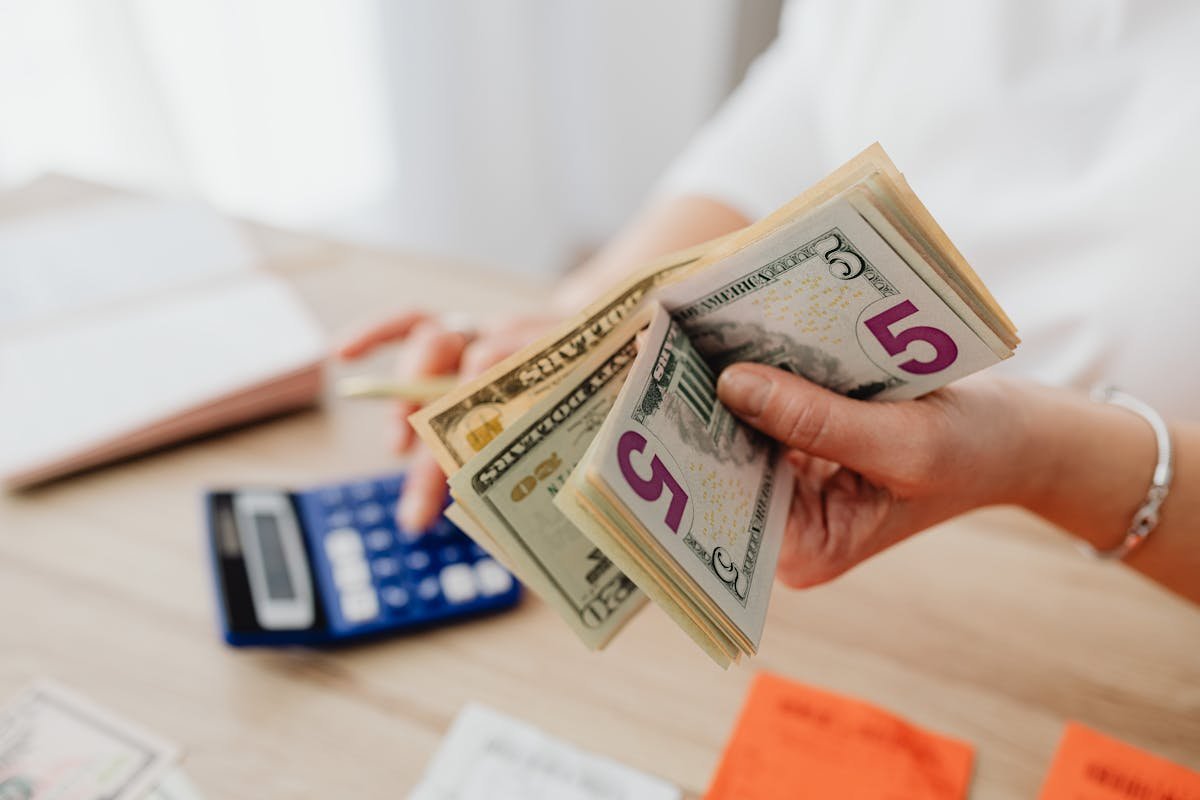Check out 9 tips on how to organize yourself to pay off debts
I want to start this article with the following question: are you a person in debt? If your answer is yes, this content is for you! Here, we will talk about the possible origins of debt and how this situation can be reversed. Want to know more about the topic? Keep reading!
Why do people get into debt?
It can never be true because several factors will lead to a person getting into debt, and some of those factors are economic and political crises faced by the country.
Other factors also contribute to debt: rising unemployment, high interest rates and inflation. There are also factors linked to a lack of financial management, such as the individual’s lack of planning and control, personal or professional problems, among others.
The situation can be even worse when the person – even with debts – has other financial commitments. This causes the financial situation to snowball. However, even in such a critical moment, through organization and planning, it is possible to get out of the red and have a balanced financial life.
How to organize and pay your debts?
To help you reverse this situation, I have prepared 9 powerful tips so that you – regardless of how much debt you are in – can get organized and pay off your debts. Check it out!

1 – Organize your income and expenses
Find out how much your net income is and what your expenses have been in recent months on food, medicine, leisure, rent, internet, among others. If necessary, use spreadsheets and apps to organize your expenses and income in a systematic way. This will help you get a real overview of your financial situation.
2 – Set the value of your debt
With your income and expenses balanced, it’s time to calculate just how much you owe in debt including the corresponding interest rate and who holds each of your debts. Through this calculation, you will know how much you need to save for the balance of your financial life.
3 – Analyze your expenses
These are times that demand an analysis of everything related to debt. Hence, it is imperative that you know your expenses and, after this assessment, which ones are necessary and which are superfluous.
Identify at this point which expenses are necessary and which ones can be cut out. Only focus on the essentials. Research market prices each time. Compare whenever possible as this will help cut down expenses even on essentials.
4 – Prioritize the highest debts
It is essential that you start paying off debts that are higher or have higher interest rates. For example, special checks and credit cards have high interest rates that vary depending on the financial institution. In this sense, if you have debts linked to the use of these cards, try to pay them off first and thus prevent your financial situation from getting even worse. As the larger debts are paid off, pay off and negotiate the smaller debts.
5 – Swap high debts for lower interest rates
If you need help paying off these debts, look for ways to obtain lines of credit or even look for alternatives to negotiate the debt. One way to pay off overdraft and credit card debts is to exchange them for payroll loans, as they have lower interest rates.
6 – Avoid using overdrafts and credit cards
After you pay off all the overdraft and credit card debts, you should definitely stop using them so that you do not make more of the same kind of debt with high interest attached to them. You must only spend for extreme emergencies. The importance lies in checking on the spending habits and how you utilize these funds to avoid making new debts.
7 – Pay everything upfront, avoid installments
Making payments in many installments gives the false impression that you are not spending money . What actually happens is that the sum of all the installments takes up a large part of the monthly budget. Paying in cash is a good way to avoid unnecessary expenses and, especially, purchases with high interest rates. Whenever possible, make your payments in cash and without installments.
8 – Set savings goals
Set an amount that you must save to pay off two debts. From this amount, set a savings goal. It is important to set goals based on your monthly income.
9 – Understand the origin of your debts
After organizing your debts and starting to take steps to balance your financial life, study what happened to get you to that point and then avoid getting into debt again. Each person has a very particular relationship with their money and understanding what led you to get into debt is important so that you don’t get into debt again. Your financial life can only benefit!
